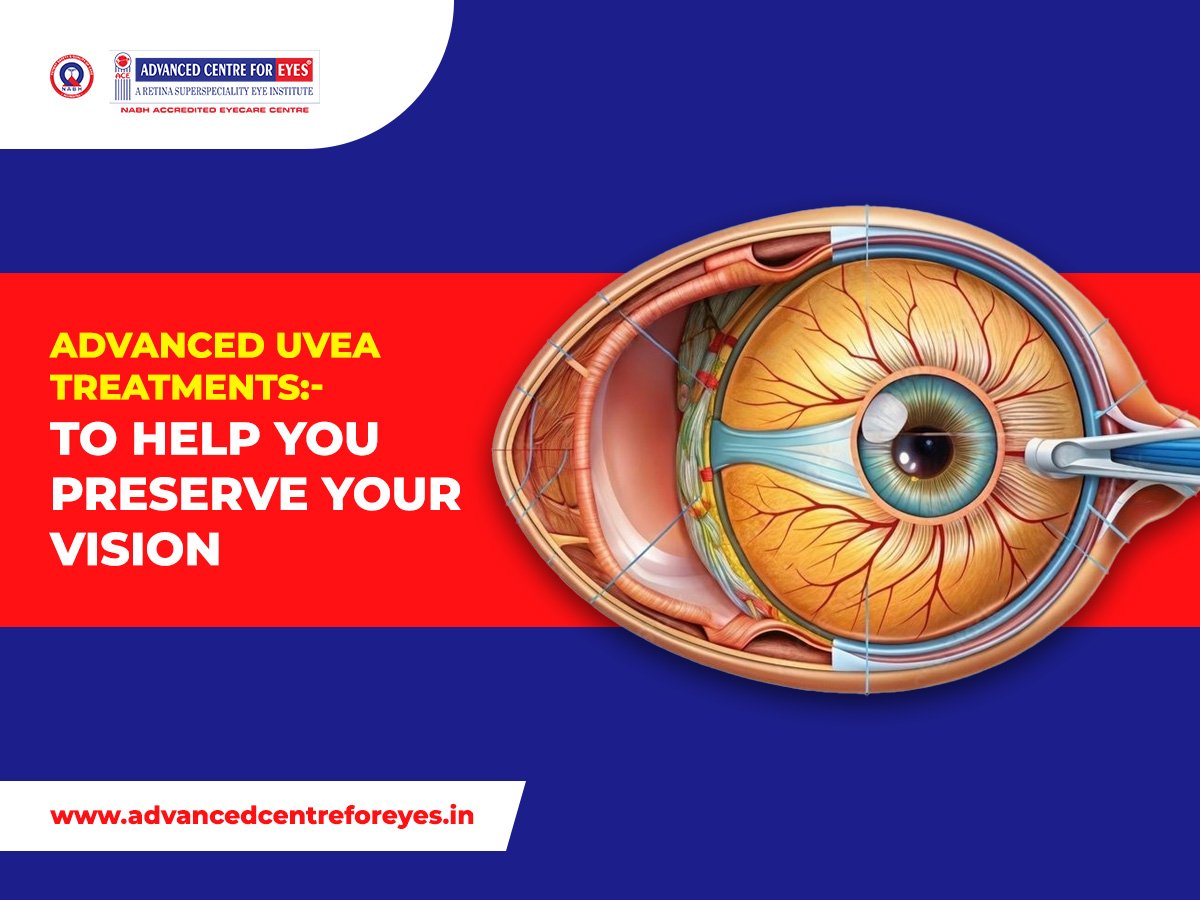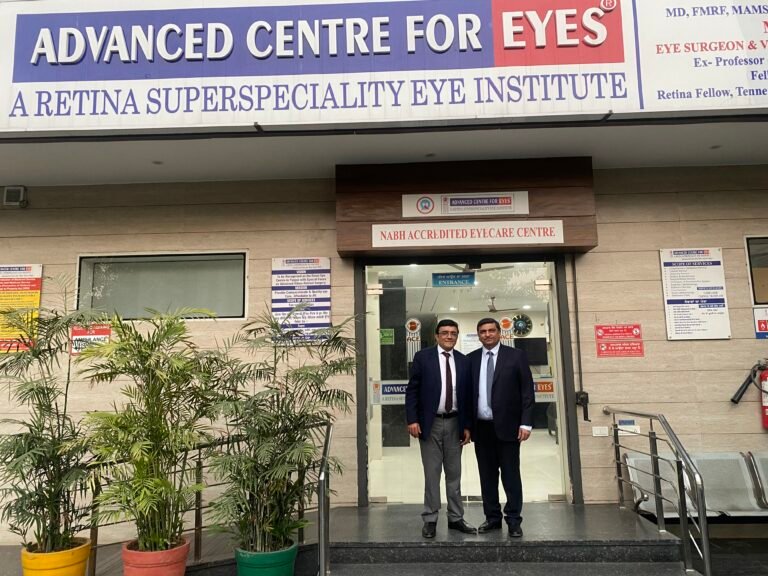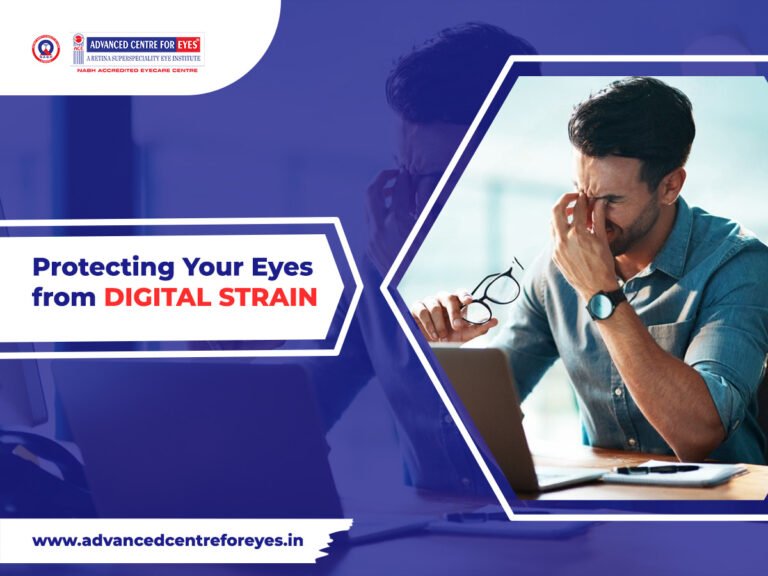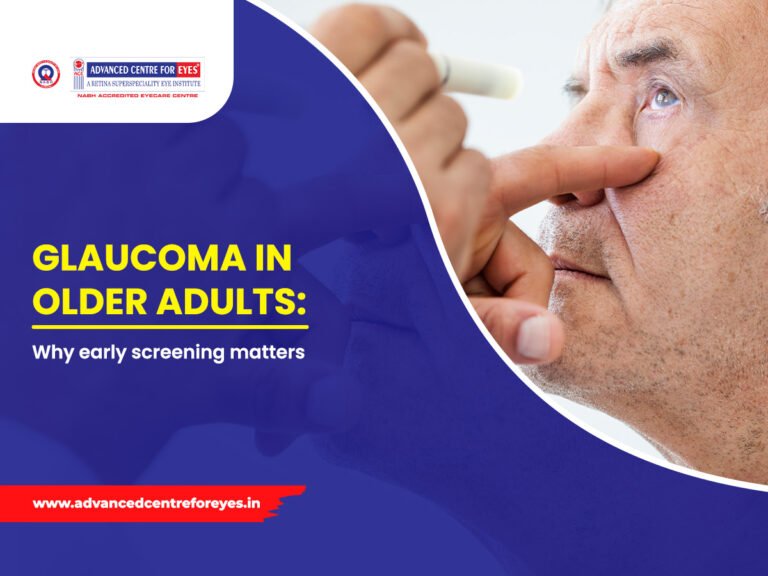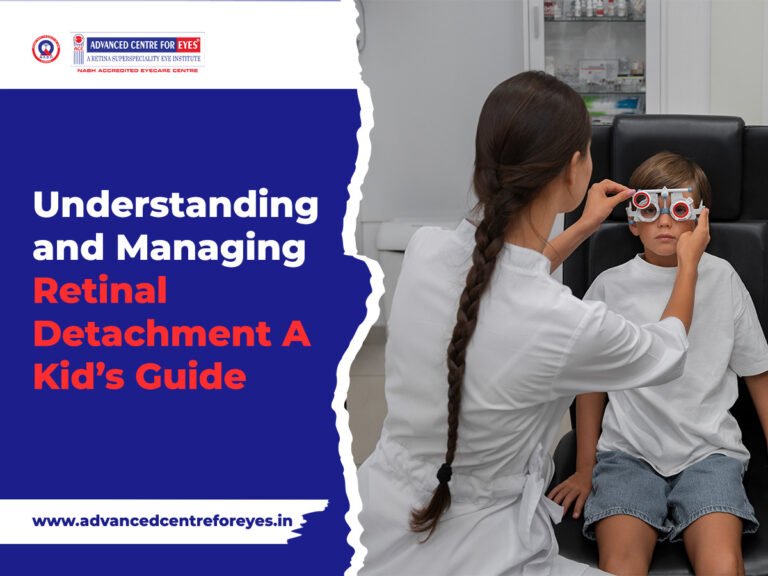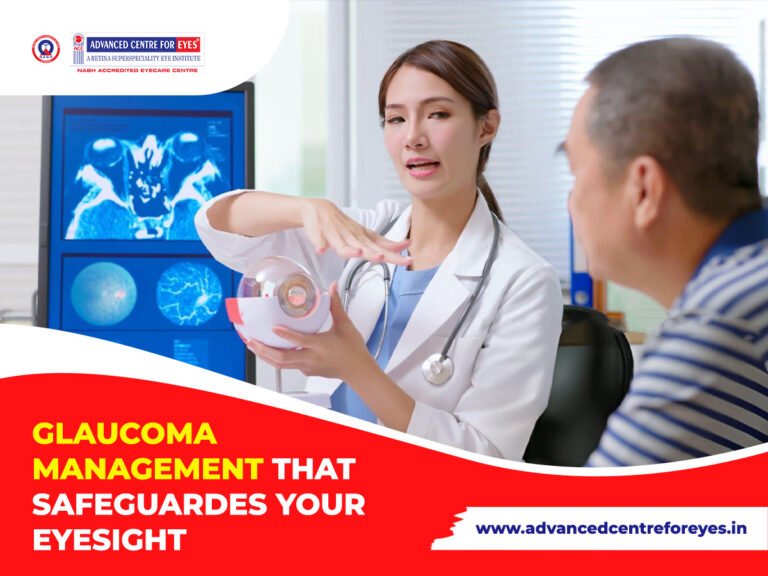Advanced Uvea Treatments That Help You Preserve Your Vision
Our eyes are one of the most precious gifts we have, allowing us to see the beautiful world around us. But sometimes, our eyes can have problems that need special care. One part of the eye that is important but not very well-known is called the uvea. The uvea is like a shield for our eyes, protecting them from infections and injuries. If the uvea is damaged, it can cause problems that affect our vision. This is why understanding uvea treatment of eye is so important. In this blog, we will learn about the uvea, how to keep it healthy, and how uvea clinics can help if there are any problems.
What is the Uvea?
The uvea is a middle layer of the eye that lies between the white part of the eye (sclera) and the inner layer (retina). It is made up of three important parts:
- Iris: This is the colorful part of the eye that controls how much light enters the eye.
- Ciliary Body: This part helps the eye focus by controlling the shape of the lens.
- Choroid: This is a layer filled with blood vessels that provide oxygen and nutrients to the eye.
The uvea is very important because it helps to keep the eye healthy and working properly. However, sometimes the uvea can become inflamed, which is known as uveitis. Uveitis can cause pain, redness, and blurry vision, and if not treated, it can lead to serious eye problems. This is why visiting a uvea clinic is important if you have symptoms that affect your eyes.
What is Uveitis?
Uveitis is when the uvea becomes swollen or inflamed. There are different types of uveitis, depending on which part of the uvea is affected:
- Anterior Uveitis: This affects the front part of the uvea, mainly the iris. It is the most common type of uveitis and can cause eye pain, redness, and light sensitivity.
- Intermediate Uveitis: This affects the middle part of the uvea, including the ciliary body. It may cause floaters (tiny specks that float in your vision) and blurred vision.
- Posterior Uveitis: This affects the back part of the uvea, mainly the choroid. It can cause vision loss and is more serious than the other types.
- Panuveitis: This is when all parts of the uvea are inflamed. It is a severe form of uveitis and can cause symptoms in both the front and back of the eye.
Causes of Uveitis
There are many reasons why someone might get uveitis. Sometimes it happens because of an infection, such as from bacteria, viruses, or fungi. Other times, it can be caused by an autoimmune disease, which is when the body’s immune system mistakenly attacks its own tissues, including the eye. In some cases, the exact cause of uveitis is not known. However, what is known is that early treatment is important to prevent vision problems. Uvea clinics are specially equipped to handle such cases and provide the best care for your eyes.
Symptoms of Uveitis
It’s important to know the signs of uveitis so you can get help early. Some common symptoms include:
- Eye pain or discomfort
- Redness of the eye
- Blurry vision
- Sensitivity to light
- Seeing dark spots or floaters
- Headaches
If you or someone you know has these symptoms, it’s a good idea to visit a uvea clinic. The doctors there can help find out if uveitis is the cause and start the right treatment to protect your eyes.
How is Uveitis Diagnosed?
When you visit a uvea clinic, the eye specialist will do some tests to find out if you have uveitis. These tests are simple and don’t hurt. The doctor may use a special light to look inside your eyes and check for inflammation. They may also take a small sample of the fluid from your eye to test for infections or other problems. These tests help the doctor understand what is causing the uveitis and how best to treat it. Early diagnosis is important for effective uvea treatment of eye problems.
Treatment Options for Uveitis
The treatment for uveitis depends on the cause and severity of the inflammation. Here are some common treatments that uvea clinics use:
- Steroid Eye Drops: These are often the first step in treating uveitis. Steroid drops help reduce inflammation and relieve pain. It’s important to use them exactly as the doctor tells you.
- Oral Medications: If eye drops aren’t enough, the doctor may prescribe steroid pills or other medications to reduce inflammation.
- Injections: In more severe cases, the doctor might inject steroids directly into the eye to quickly reduce inflammation.
- Antibiotics or Antivirals: If uveitis is caused by an infection, the doctor may prescribe antibiotics or antiviral medicines to treat the infection.
- Immunosuppressive Drugs: These drugs help to calm down the immune system if it’s attacking the uvea. They are used in more serious cases or when other treatments don’t work.
Each person is different, so the eye specialist will choose the best treatment for you based on your symptoms and overall health. Regular visits to a uvea clinic are important to monitor your eyes and make sure the treatment is working.
How Uvea Clinics Help
Uvea clinics have doctors who are experts in treating uveitis and other uvea problems. They use advanced technology to diagnose and treat uveitis. Some of the special tools they use include:
- Optical Coherence Tomography (OCT): This machine takes detailed pictures of the inside of your eye, helping the doctor see any swelling or damage.
- Fluorescein Angiography: This test uses a special dye to take pictures of the blood vessels in your eye. It helps the doctor see if there are any problems with the blood flow in the uvea.
- Ultrasound: Just like how ultrasound is used to see inside the body, it can also be used to look at the inside of the eye. It helps doctors see the structure of the eye and any abnormalities.
Using these tools, the doctors in uvea clinics can find out exactly what is wrong and how to fix it. They work closely with other eye specialists to make sure you get the best care possible.
Preventing Uveitis
While it’s not always possible to prevent uveitis, there are some things you can do to protect your eyes and reduce the risk:
- Regular Eye Check-ups: Visit an eye specialist regularly, even if you don’t have any symptoms. Regular check-ups can help catch problems early before they become serious.
- Protect Your Eyes: Wear sunglasses to protect your eyes from UV rays and goggles when doing activities that might cause eye injury.
- Stay Healthy: A healthy diet, regular exercise, and avoiding smoking can keep your immune system strong, which helps protect your eyes.
- Manage Other Health Conditions: If you have other health problems, such as diabetes or autoimmune diseases, make sure to manage them with the help of your doctor. Keeping these conditions under control can help reduce the risk of uveitis.
Conclusion
Our eyes are windows to the world, and the uvea plays a big role in keeping them healthy. Uveitis is a serious condition that can cause pain and vision problems, but with early diagnosis and the right treatment, most people can recover and keep their vision. Uvea clinics are equipped with advanced technology and expert doctors who can provide the care you need to protect your eyes. If you ever experience symptoms like eye pain, redness, or blurry vision, don’t hesitate to visit a uvea clinic. They are there to help you see clearly and enjoy all the beautiful things in life.
Remember, taking care of your eyes is very important. Just like you take care of the rest of your body by eating healthy foods and exercising, you should also take care of your eyes by having regular check-ups and protecting them from injury. By doing this, you can keep your vision clear and strong for many years to come.
Read More : Cataract Surgery Procedure with Advanced Equipment at Our Center


